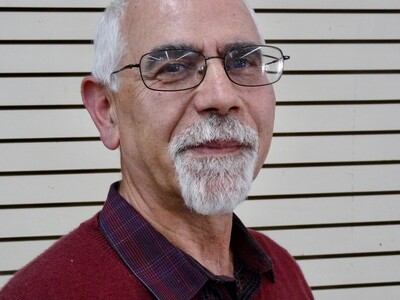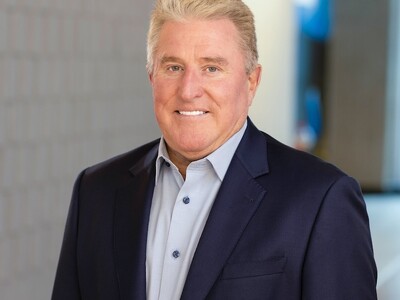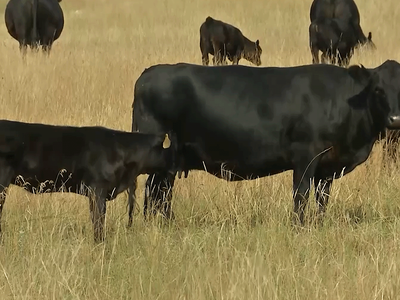Presidential Candidates Differ on Estate Tax Philosophy
The Estate Tax, long a thorn for American agriculture, is turning out to be a key difference in the tax policies of the Presidential candidates.Agriculture's fight to end the Estate Tax has lasted decades. While mainstream media focuses on the benefits to the wealthy of ending the tax, the impact on farmers and ranchers who may be land rich, but cash poor, is largely ignored.
Now, the Presidential candidates are entering the fray, with Republican Donald Trump announcing he wants to end the Estate Tax, and Democrat Hillary Clinton attacking Trump's tax plan as favoring the wealthy.
Longtime Republican agriculture Senator Chuck Grassley has tried without success to abolish the tax.
Grassley: "Probably Democrats that aren't from rural areas were the deciding vote of why it wouldn't come out. We tried two or three times in 2005 and 2006 and we just didn't get it. It helps to have the president on your side."
The Estate Tax exemption this year is more than $5 million per individual and nearly $11 million per married couple, with the top federal tax rate above those exclusions at 40 percent.
Clinton plans to announce her tax policy this week, but Grassley says she's already taken a position on the Estate Tax
Grassley: "She wants to reduce it down to $3 and half million down from more than $5 million that it is now. So she wants to raise the estate tax."
He claims her plan also raises to 45 percent from 40 percent, the tax above the lower exemption amounts.
Grassley argues the moves will force some growers to break up and sell parts of their farm to pay the estate tax, instead of passing it on to the next generation.













